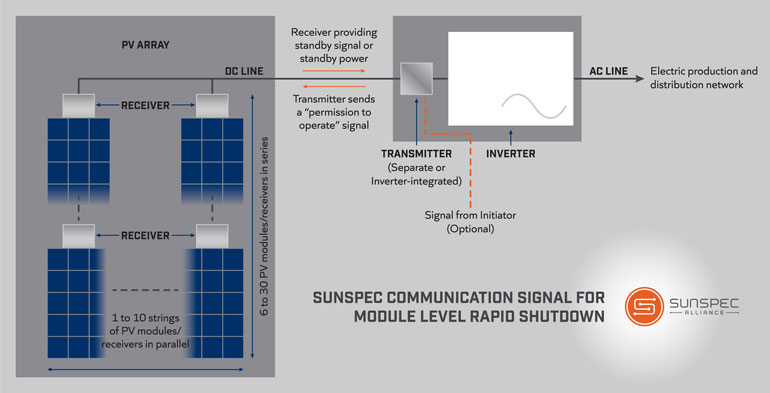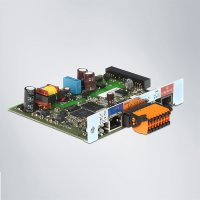
As the solar industry is maturing, technical industry standards gain importance and will be a crucial aspect for the further evolution of solar to a mainstream industry. Initiatives from forward-looking vendors and the SunSpec Alliance are at the forefront of making industry standards in solar a reality, which is to the benefit of the entire industry.
Industry standards are established technical specifications that a wide range of manufacturers adhere voluntarily to with the goal of increasing reliability, intercompatibility, and efficiency across a supply chain. Usually, such industry standards are defined by industry members themselves.
The main purpose of industry standards is to make different products compatible with each other and to ensure customers that they can safely mix and match products from different brands. They drive industry innovation, cost reductions and enable a variety of cost-effective, simple-to-use, holistic solutions.
A World Without Wi-Fi
To give an example from our everyday lives, just think of Wi-Fi (so-called IEEE 802). Originally developed for interconnection between wireless cash registers, it is now part of our daily routines, as it enables the connection of various devices from any manufacturer to a wireless network. It does not matter if you are using a Microsoft laptop, an Apple iPhone, a Samsung tablet, a Nest thermostat, a Cisco router, Netgear router or any other access point in a hotel or coffee shop - they are all compatible with each other, based on the industry standard. How convenient for consumers!
Could you imagine the high adoption of wireless internet without such an industry standard? Imagine you are looking for a new tablet. Without the Wi-Fi standard, you would have to verify if tablet from “brand A” works with your router “brand B”. You could not be certain that the tablet works with any public hotspot and you would have to look out for specific hotspots that support your specific brand. This concept is unsustainable and thanks to an established industry standard, not a reality. For manufacturers of smart devices, this means that they also do not have to re-invent the wheel and can simply implement the standard, knowing that it opens the door to be compatible to a multitude of other devices. If a new company enters the market, it can rely on this standard, which gives room for innovation.
SunSpec: A Success Story
Looking at the solar industry, there are already a couple of established standards. One de-facto standard is that you can mix and match most modules with most inverters, which gives installers and system buyers great options. When it comes to inverter communication, the Modbus SunSpec standard is a good example. Thanks to this standard, most inverters can be connected to third-party dataloggers, so customers are not locked into a proprietary monitoring system from a specific inverter manufacturer. Customers have a choice.
An important industry standard to ensure customer choice and cost-effective systems moving forward is the SunSpec Rapid Shutdown communication standard. To provide solar installers with cost-effective, simple and innovative solutions, multiple members of the SunSpec Alliance defined an open industry standard for communication between modules, inverters and string combiners to support module level rapid shutdown requirements. This multi-vendor industry standard was published in September of 2017. Without this standard, installers and solar system buyers would be forced into proprietary systems and be locked into single vendors.

The entire solar industry can benefit from standardization, in the example of the SunSpec Rapid Shutdown communication standard, there are many beneficiaries. First responders are guaranteed more safety, as a solution based on an industry standard provides better protection because it's known by the entire industry's entire supply chain and is not related to a single vendor. This increases reliability, reduces room for error, and thus better safety can be achieved. A standard ensures that it's safe for firefighters to enter a home to help.
Freedom of Choice for Homeowners
Consumers get freedom of choice between various brands, e.g. module brands can be mixed with inverter brands per the consumer's needs. Since there is no single-vendor lock-in, the consumer can choose to exchange certain equipment in the system with another brand because the open industry standard ensures interoperability. This creates peace of mind.
In conclusion, industry standards are crucial for the solar industry to mature. Without them, the industry will limit its growth potential and customer choice. The SunSpec Alliance with its members from across the entire supply chain is best positioned to further drive standardization for the solar industry and ensure its prosperity.
Originally published on Fronius.com
